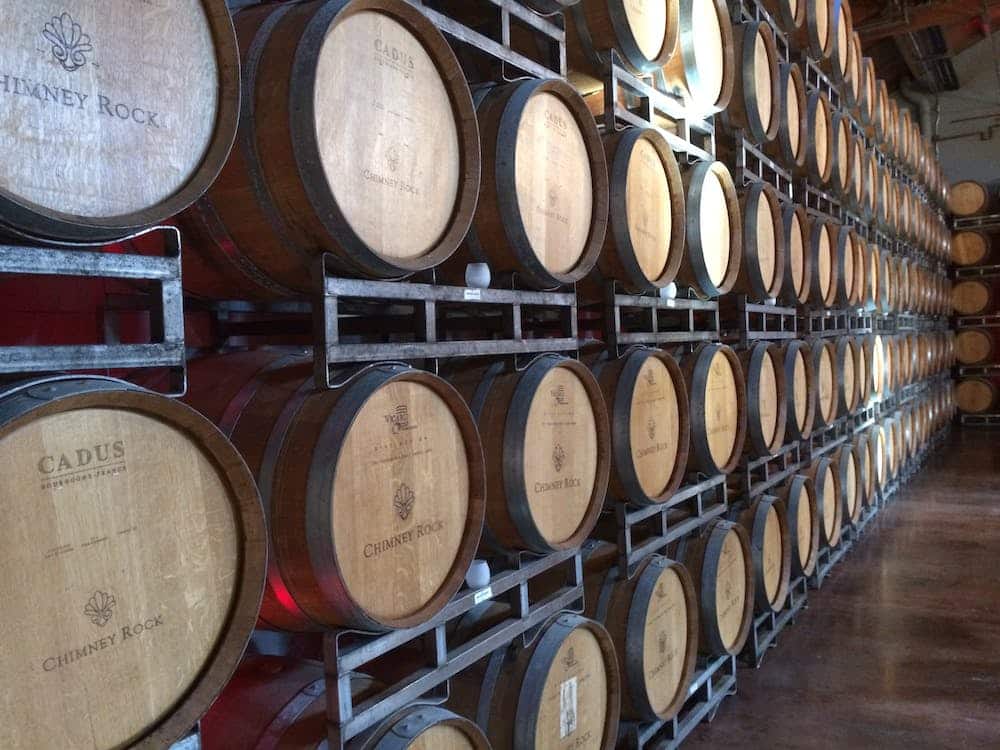There are few things as heart-breaking for a wine lover as a bottle of wine gone bad. Perhaps you are in the habit of drinking a glass of wine after work, or you overestimated how much your guests would drink at dinner, but now you have an open bottle of wine in your hands that you want to keep from spoiling too soon. So what are the best methods for storing wine?
Why does wine go bad shortly after opening
Wine has a delicate relationship with air. Initially, when you open a bottle and pour a glass, the exposure to oxygen enhances the flavours of the wine. This is why we decant a wine or drink some wines from a wide-bottom glass, since it allows the wine to breathe. But there is a point when oxygen stops enhancing the wine and starts turning it into vinegar. Over-oxygenation or prolonged exposure to oxygen triggers chemical reactions in the wine, which turn alcohol into acetaldehyde.
As a result of oxidation, red wines will turn a darker shade or go brown, and their flavours and aromas will flatten. White wines will also deepen in colour and turn more yellow, and their taste will turn sour and vinegary.
How long does wine last after opening
An open bottle of wine will generally retain some freshness for one to five days, depending on the type of wine and the amount of oxygen it is exposed to during this time. Wines with higher acidity will stay fresh for longer because their pH affects the pace of the wine’s oxidation. The more acidic a wine is, the lower its pH, and the slower its spoilage. Conversely, wines with higher alcohol content (15.5 per cent and higher), also tend to stay fresh for longer.
Red wines
Light red wines are sensitive to air and will retain their freshness for no more than 2-3 days. A Pinot Noir or a Grenache is a good example. Older vintages are even more delicate and should be finished in one sitting.
Medium-bodied and heavy-bodied red wines like a Merlot or a Shiraz will last a little longer, up to 3-5 days. These wines have higher tannin and alcohol levels, which help stabilize the wine and shield it against over-oxidation.
A fortified red wine like Port or Sherry has very high tannin and alcohol content, which allow it to be preserved for months after opening. Tannins are in fact used as a preservative in winemaking.
White wines
In general, white wines can last 3-5 days from opening if they are stored correctly. Some full-bodied whites, like a Chardonnay or a Viognier, will lose freshness slightly faster if they were exposed to more oxygen during ageing.
Sparkling wines are best finished in one sitting but will last 1-3 days if recorked immediately and stored upright in the fridge.
But with our storing tips and proper care, you may be able to preserve your open bottle of wine and keep its content fresh for even longer.
How to store an open bottle of wine
Recork it right away!
This is the first line of defence against over-oxygenation of wine. Reseal or recork the bottle swiftly and securely after pouring each glass and take care that the same end of the cork is reinserted into the bottle. If the cork won’t go back into the bottle easily, use a reusable stopper for red, white, and rosé wines and a champagne topper for sparkling wines.
Store it upright in the fridge
Storing an open bottle upright reduces the surface area that is in contact with air and slows the oxidation process. Cooler temperatures can also help slow the oxidation significantly. Storing the wine away from light and the sun can help preserve the aromas since harsh lights and UV rays can travel through the clear bottle and impact the wine. In fact, all wines, including reds, are best stored chilled in the refrigerator once they have been opened. Just let the bottle sit outside the fridge until it reaches your preferred drinking temperature before pouring it the next time.
Use a sealed glass container
Instead of storing the half-filled bottle, you can pour the remaining wine into a smaller glass container like a mason jar or a swing-top bottle that can be firmly sealed. This will further limit the amount of oxygen the wine is exposed to.
Vacuum out the air
Use a wine vacuum pump to remove the air from the open bottle and keep the wine fresh for longer, which is how vacuum-sealed foods are preserved. However, these pumps can only remove about half the air from inside a bottle, so this method is best used in combination with the others.
Use an inert gas
Introduce an inert gas like argon into the open bottle. The gas doesn’t react with the wine, and it is heavier than oxygen, so it sits on the wine and acts as a protective barrier between the wine and the oxygen. After inserting the gas, recork the bottle and store it upright in the fridge, and it can keep the wine fresh for weeks.
While these storing tips and tricks will help extend the life of your favourite wines, there may be times when you forget to store an open bottle correctly and the taste or the colour of the wine changes a bit. In these cases, remember that drinking an open bottle of wine is not a health risk since the level of alcohol in the wine keeps dangerous microorganisms at bay. Use slightly oxidised wines in the kitchen for cooking stews, sauces, and marinades, or turn leftover wine into DIY vinegar.
So go ahead and open the next bottle of wine confidently!

